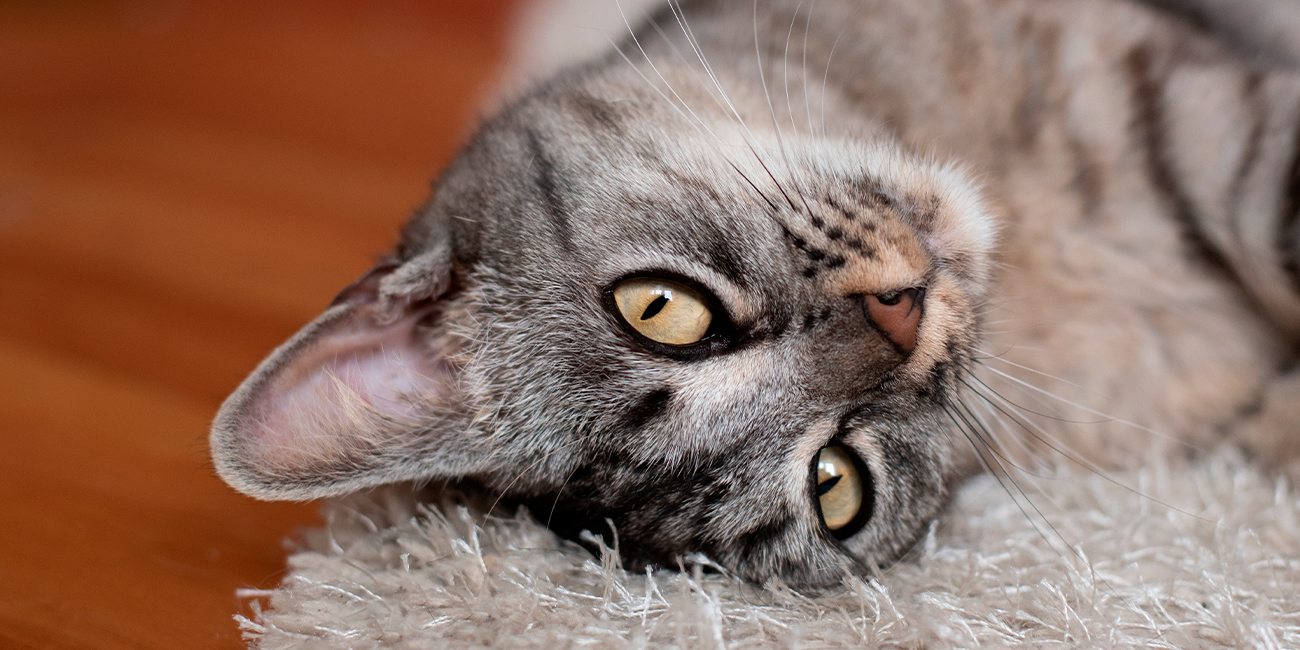Why does my pet have oral hygiene issues?
In this article:
One of the most common questions we get when we speak to customers. The answer? It’s down to the individual unfortunately. A mixture of genetics and environmental causes can all play into what is causing your pets oral hygiene problems.
Firstly, let’s look at the genetics. Some breeds unfortunately are more prone to having oral issues. It’s a well-known fact that dogs have 42 adult teeth, and cats have 30 adult teeth. Smaller/toy breeds and cats are therefore more likely to have problems due to the potential overcrowding of teeth – an ideal space for plaque bacteria to thrive. Similarly, Brachycephalic cats and dogs (flatter faced breeds) have a typically wider set mouth, leading to tooth misalignment and again plaque bacteria have more potential to prosper. Finally, dogs with longer muzzles are also prone due to the increased risk of periodontal pockets.
Now let’s look at the environmental affects that can lead to oral hygiene problems. You’re probably told when you take your pets to the vet that they recommend you brush their teeth daily. They are so right! Can you imagine what our mouths would be like if we never brushed our teeth? Keeping mouths clean can keep the plaque bacteria at bay. Plaque begins building up 12 hours after eating but is invisible to the human eye. Once the plaque is left it begins to calcify and turn into tartar – the deposits you may see on teeth. Ultimately, if you can brush your pets’ teeth that fantastic, but that is easier said than done.
That’s where ProDen PlaqueOff® comes in. It is a natural supplement which has been in the UK for 17 years. It works with the animal’s body dissolving existing tartar an prevents new build-up. It is VOHC Accepted, and has a proven positive effect verified by several clinical studies. Results are usually seen in 3-8 weeks of daily use – simply add to food daily.
One of the most common questions we get when we speak to customers. The answer? It’s down to the individual unfortunately. A mixture of genetics and environmental causes can all play into what is causing your pets oral hygiene problems.
Firstly, let’s look at the genetics. Some breeds unfortunately are more prone to having oral issues. It’s a well-known fact that dogs have 42 adult teeth, and cats have 30 adult teeth. Smaller/toy breeds and cats are therefore more likely to have problems due to the potential overcrowding of teeth – an ideal space for plaque bacteria to thrive. Similarly, Brachycephalic cats and dogs (flatter faced breeds) have a typically wider set mouth, leading to tooth misalignment and again plaque bacteria have more potential to prosper. Finally, dogs with longer muzzles are also prone due to the increased risk of periodontal pockets.
Now let’s look at the environmental affects that can lead to oral hygiene problems. You’re probably told when you take your pets to the vet that they recommend you brush their teeth daily. They are so right! Can you imagine what our mouths would be like if we never brushed our teeth? Keeping mouths clean can keep the plaque bacteria at bay. Plaque begins building up 12 hours after eating but is invisible to the human eye. Once the plaque is left it begins to calcify and turn into tartar – the deposits you may see on teeth. Ultimately, if you can brush your pets’ teeth that fantastic, but that is easier said than done.
That’s where ProDen PlaqueOff® comes in. It is a natural supplement which has been in the UK for 17 years. It works with the animal’s body dissolving existing tartar an prevents new build-up. It is VOHC Accepted, and has a proven positive effect verified by several clinical studies. Results are usually seen in 3-8 weeks of daily use – simply add to food daily.
